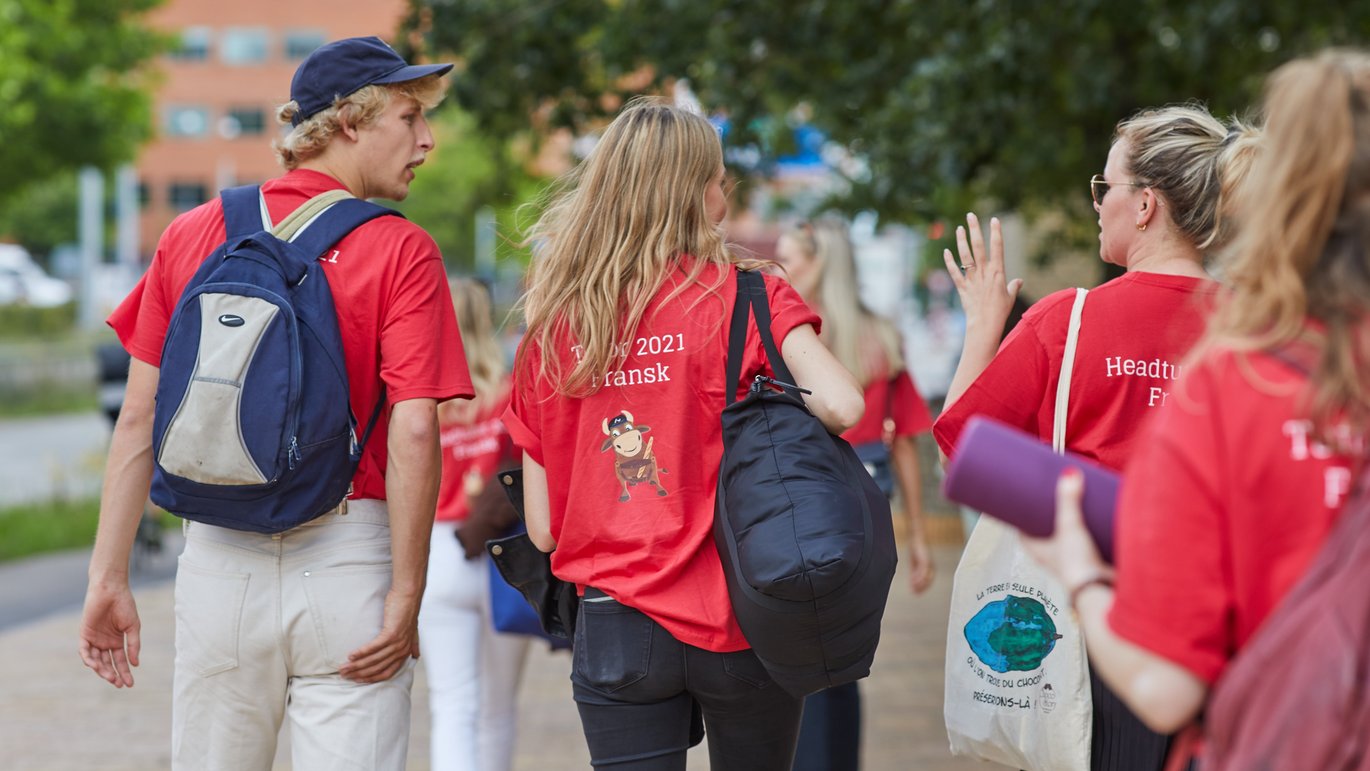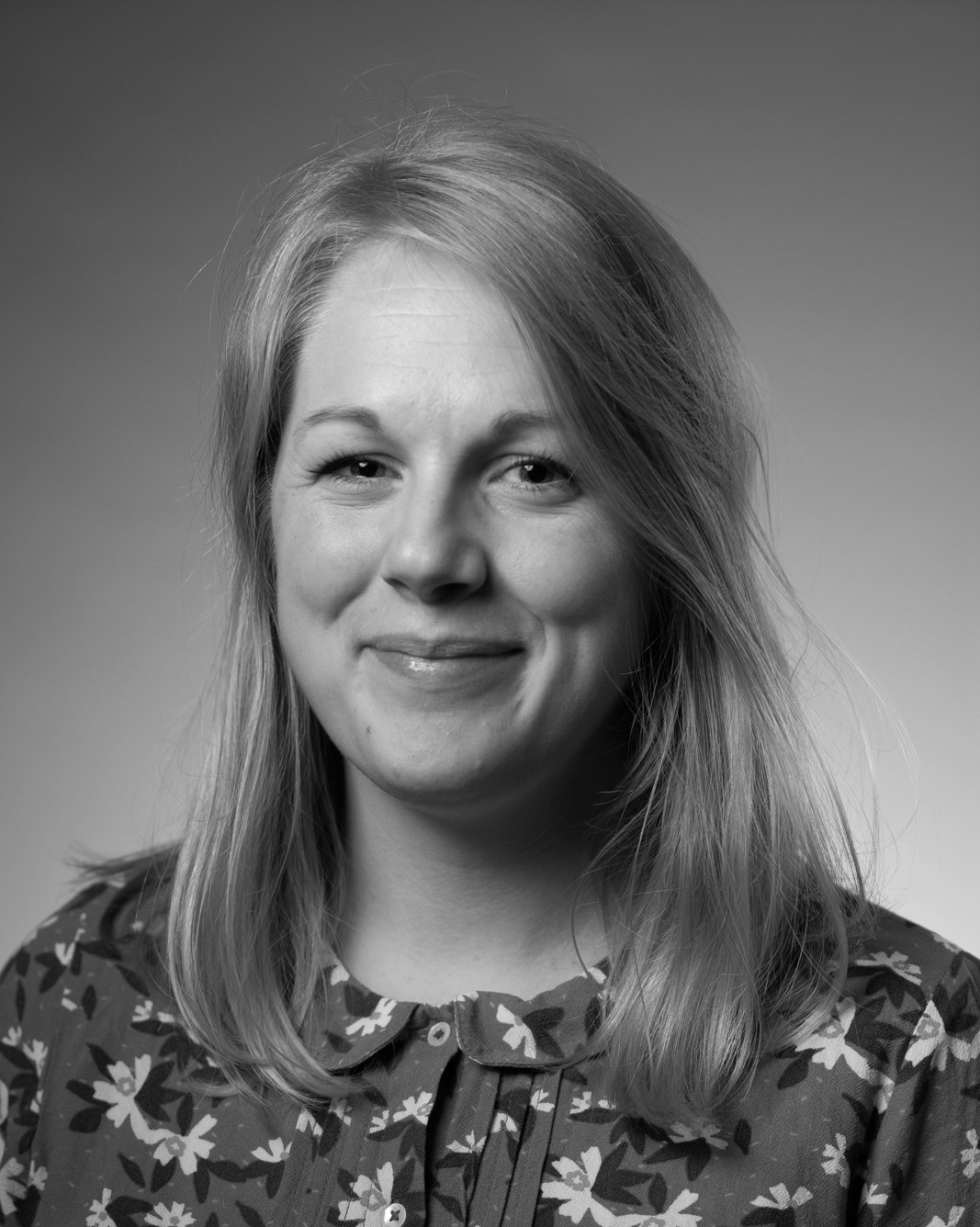Help students shatter academic bottlenecks
The dropout rate at universities is at its highest during the first year of study. Something that can perhaps be avoided – or at least reduced – with an increased focus on helping the new students along. At a new workshop, we will prepare teaching staff and student teachers to support the students in dealing with academic issues that hinder their further development.


The CED's new workshop introduces teaching staff and their student teachers to a new meeting format called academic reflection rooms.
Academic reflection rooms will help new students to understand what is difficult about their studies, why it is difficult, and how it can be solved and give them a feeling that they are not alone with their challenges.
The academic reflection rooms will increase the students’ academic and general study skills and provide them with greater insight into and control of their own learning process. The meetings span a semester with the participation of new students and their student teachers.
A collaboration between the teacher and the student teacher
Academic reflection rooms are organised locally in collaboration between the teacher and their student teachers – at some programmes, it can also involve mentors. In addition to participating in the organisation of the meetings, the teachers are also responsible for creating synergy between the academic reflection rooms and the ordinary teaching – for example by incorporating knowledge from the meetings in the classroom.
At the meetings, the students work with selected academic challenges as well as different strategies and techniques that can make the work easier. Each meeting will work in three phases:
- Identifying "academic bottlenecks" – where do the students encounter challenges with their studies?
- Reflection on how to handle these academic bottlenecks – how do students usually handle the challenges?
- Renewing their approach to the challenges with inspiration from fellow students, student teachers, and the online resource AU Studypedia.
Challenges must be solved in their academic context
Laura Cordes Felby is a postdoc at the CED and has, among other things, conducted research into first-year didactics and the transition from upper secondary education to university. She highlights a specific example of a challenge that can be discussed during the academic reflection room meeting:
"The new students may find that the reading in the course is difficult. Together, they identify what makes the reading difficult is not necessarily the amount of text or the available time, but all the new terminology. Together they talk about how they usually meet this challenge. The student teachers also explain what they do when they encounter new words in an academic context. Finally, the student teacher introduces the students to AU Studypedia, where they can read more about reading strategies."
The student teacher then reports back to their teacher and informs about the academic challenge, so that the teacher can include this in their teaching. Laura Cordes Felby elaborates:
"The example illustrates an issue of a general nature: Reading is difficult. However, there are subject-specific ways to solve the problem. This is an important point of the academic reflection rooms. Namely, that even general issues must be understood and solved within their academic context."
Get prepared to plan and facilitate academic reflection rooms
If you are interested in learning more about academic reflection rooms or wish to participate in a workshop on the subject next semester, you can read more and register here.
We encourage teaching staff to sign up together with their student teachers in order to create the best possible conditions for working in a subject-related manner at the workshop and ensure synergy between the teacher's teaching and the teaching of the student teacher.
